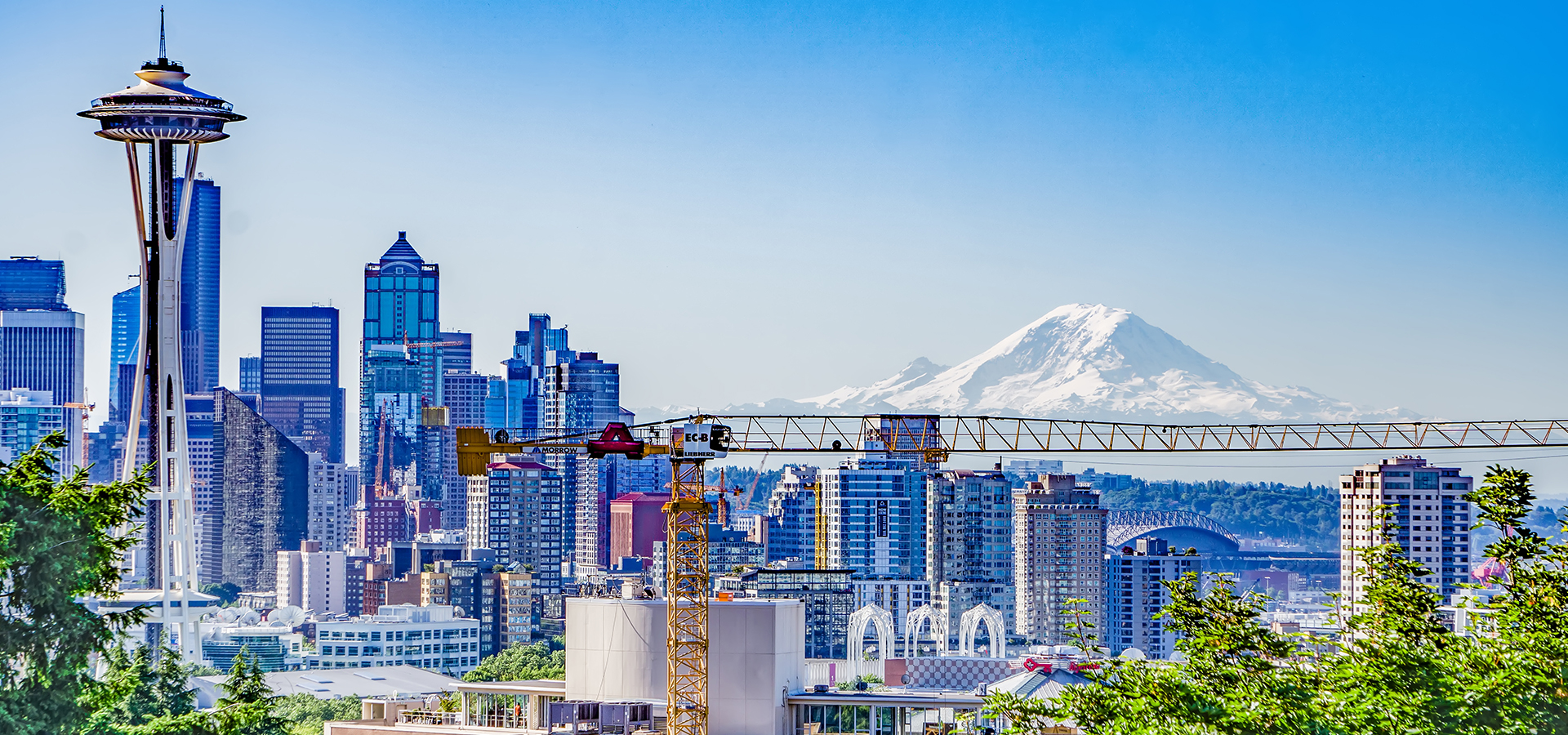
While the Biden administration is facing pressure to ramp up domestic oil and natural gas production to counter skyrocketing fuel prices, some city and state governments across the U.S. are pursuing alternative approaches that align with the need to move away from fossil fuels to meet global sustainability goals.
Washington state recently announced it will be the first to mandate the installation of electric heat pumps in place of fossil-fuel dependent furnaces and water heaters for newly built commercial and residential buildings with four or more stories. Similarly, New York’s draft Climate Action Plan would prohibit the use of oil or gas equipment for air conditioning, hot water, cooking, and appliances in newly-built, single-family homes and low-rise apartment buildings by 2024.
We’re in the early stages of a significant shift to an era of clean technology. Up until this point, green construction has been viewed as a progressive step taken by a select number of companies and developers; but we are entering a new period where these steps will be the expectation – not the exception.
Despite the clear need for climate-protective legislation, there are still concerns within the construction industry that clean energy technologies will present challenges for businesses and their owners. The question is, how will the early adoption of heat pumps benefit businesses?
- Tout the long-term savings. Data shows early adoption can lead to energy savings between 60% – 80% for heating and cooling applications in buildings and process plants.
- Be a leader in the conversation around climate responsibility. Decarbonization is at the heart of the climate solution discussion. Advertising early adoption of clean tech solutions will position you as a leader in the space and will appeal to potential clients.
- Collect government funding. Many government entities, including the U.K. and U.S., are investing heavily in greener solutions, like heat pumps, providing large grants to those organizations in action.
- Get in compliance ahead of mandates. The mandates in Washington and New York are indicators of a broader policy change. As these regulations take hold, those who wait to comply will face challenging time constraints.
In an effort to minimize fossil fuel dependency and emissions, Dalrada launched Likido™ONE, an energy-efficient heat pump system for commercial buildings, hospitals, and hotels, to reduce energy consumption by replacing traditional water heaters and boilers. Likido™ONE is being tested in real-world applications where its energy efficiency will be proven. Additionally, testing operations centers are expanding in the U.S. and multiple locations around the world which will allow for industry leaders to observe true sustainability in action.
This is a pivotal moment for commercial developers. Embracing sustainable alternatives, such as Dalrada’s Likido products, and investing in clean technology early will help organizations face future energy challenges.

